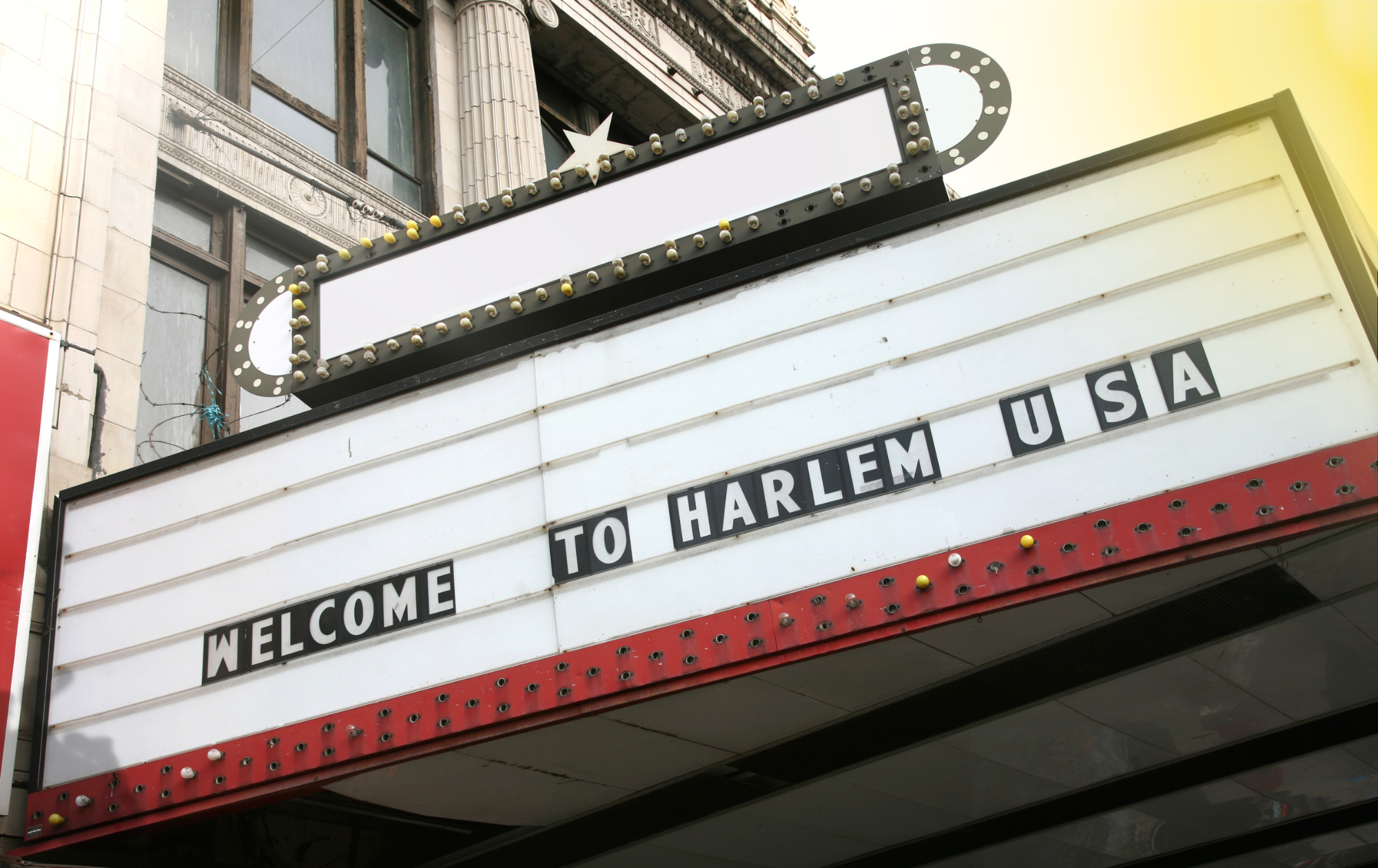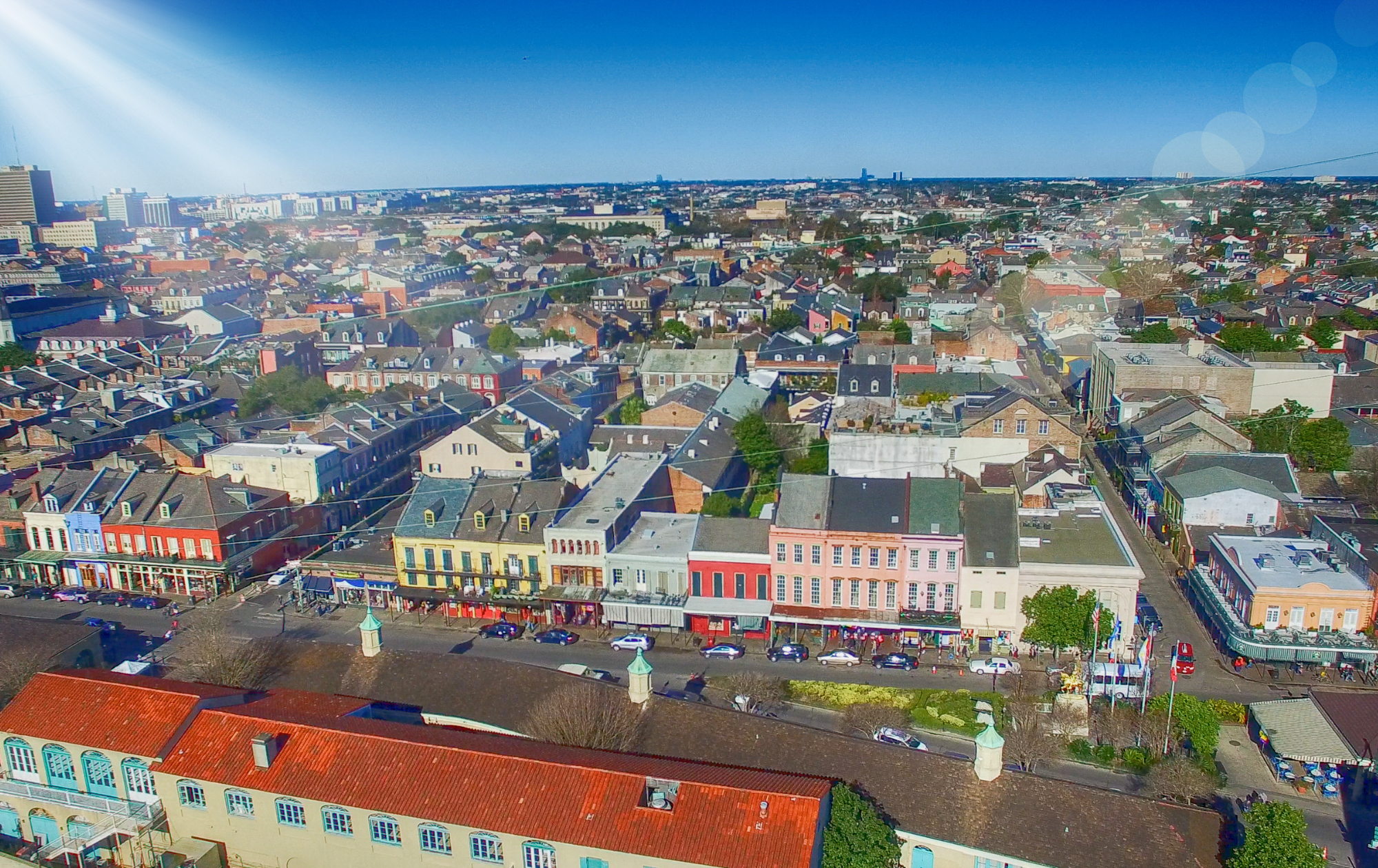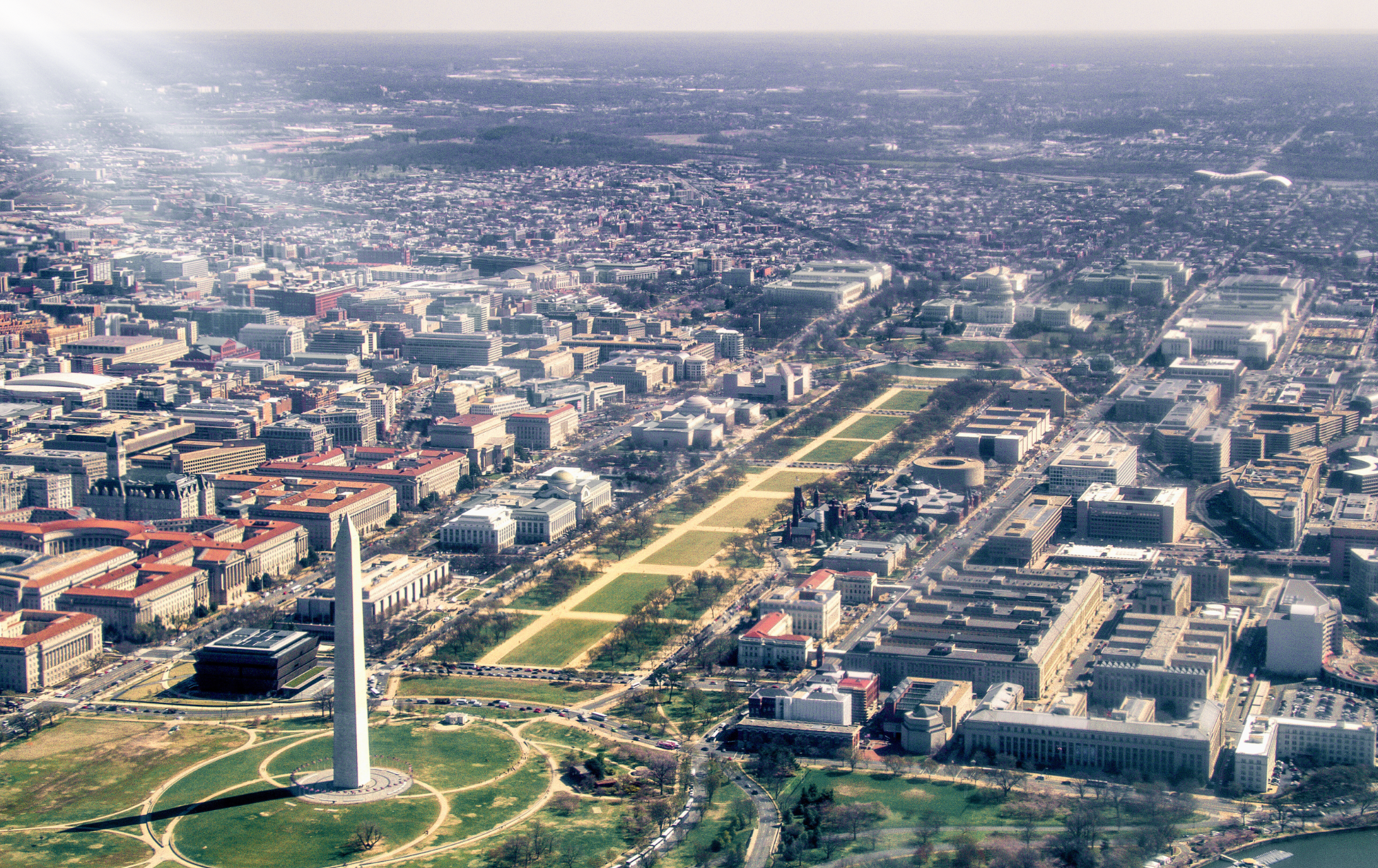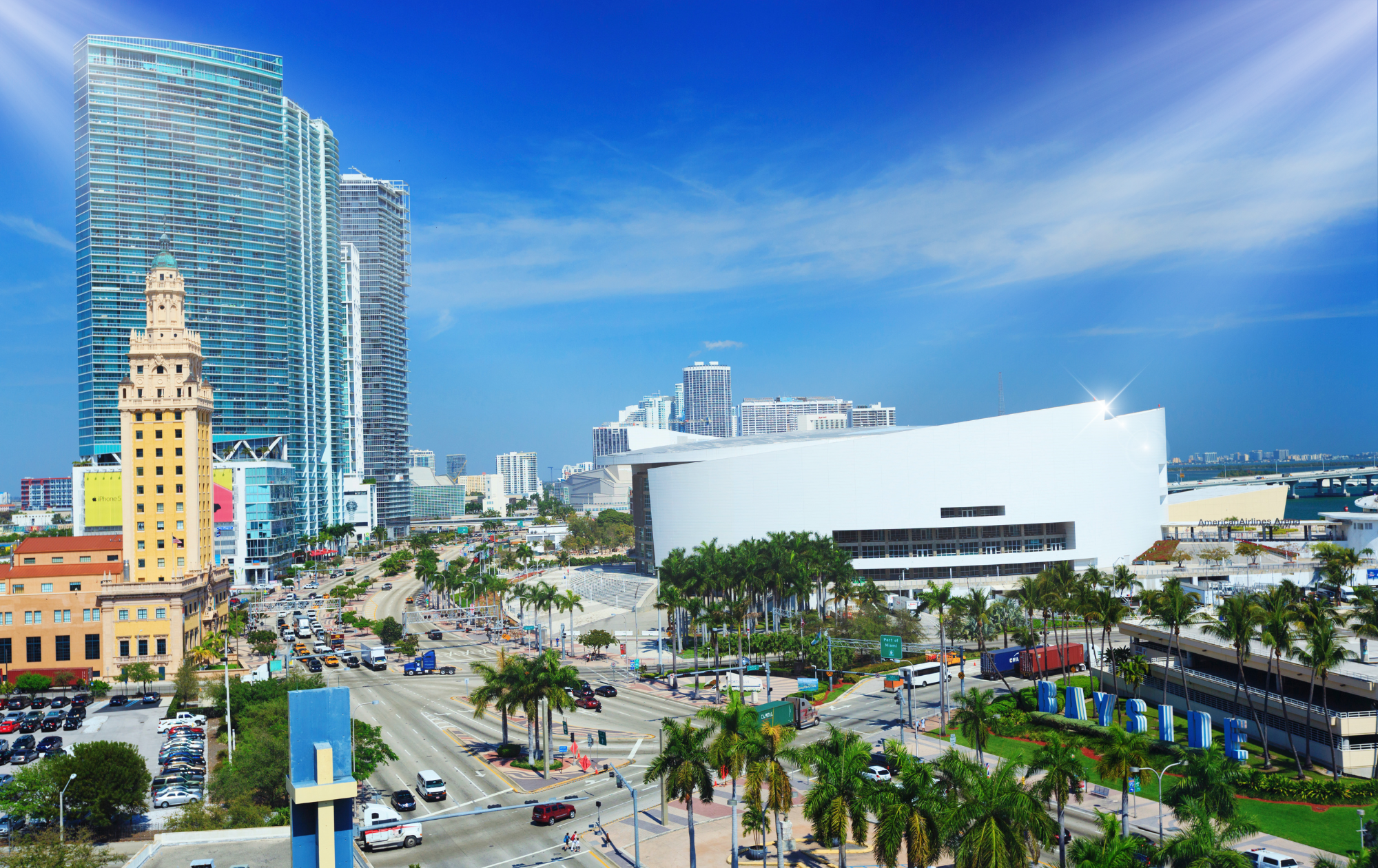Popular Travel Destinations for African Students in the USA

African students studying in the USA find its diverse academic and cultural landscape rewarding, offering academic possibilities while exploring its vibrant heritage. Beyond campuses and classrooms are numerous travel spots geared specifically toward African diaspora communities – from historic landmarks to vibrant communities; here is a list of destinations tailored specifically towards this population of travelers in America.
Harlem
Harlem is an epicenter for culture in New York City with deep ties to African American life.

For students seeking dynamic cultural immersion opportunities, Harlem should be their destination of choice. Harlem rose to fame during the Harlem Renaissance, an essential period in African American art, literature, and music. Today the iconic Apollo Theater still plays an essential part of African-American entertainment and serves as an essential stopover point for African-American students.
Harlem’s cultural identity is defined by live jazz performances that add a rhythmic pulse to its streets. Harlem offers intimate venues perfect for experiencing this distinct art form. Harlem’s culinary scene captures all aspects of African diaspora culture, featuring delectable soul food to symbolize resilience and commemorate celebration. Historic landmarks, vibrant rhythms, and mouthwatering dishes come together for an immersive African American cultural experience in Harlem.
New Orleans, Louisiana

With its rich mixture of history, music, and culinary delights — which draws students interested in experiencing African influences throughout America — New Orleans attracts students seeking an immersive educational experience. New Orleans is synonymous with jazz music – an African American genre deeply embedded within culture. Students interested in studying its effects may visit New Orleans’ historic French Quarter district where African heritage can be experienced through vibrant architecture and lively street performances.
Students of New Orleans have an outstanding chance to experience its vibrant spirit during Mardi Gras festivities each year, which have deep cultural and historical ties. New Orleans Creole cuisine takes visitors on an aromatic journey through history with its bold flavors and diverse influences, taking visitors on a culinary experience they will always remember! Jazz-filled streets lead to vibrant Creole dishes where students can celebrate African influences that transcend time and tradition – providing students with an experience they won’t soon forget!
ALSO READ: Entrepreneur Spotlight: Three College Students Think Out Of The Box To Create OMG Digital
Atlanta

Atlanta provides students with an ideal setting in which to delve deep into African American culture and history while exploring multiple perspectives regarding its legacy. Birmingham was pivotal to Martin Luther King Jr.’s civil rights fight, offering students an unforgettable glimpse into his life and work at Birmingham’s Martin Luther King Jr. National Historic Site.
Atlanta boasts many sacred spaces for reflection, including Ebenezer Baptist Church – where Dr. King preached. Additionally, Atlanta features an energetic music scene marked by soul, jazz, and hip-hop influences. Atlanta provides students with delectable Southern cuisine that epitomizes its authentic flavors over decades. Furthermore, Atlanta celebrates diversity through cultural events, festivals, and an art scene, making this vibrant city an exciting hub where history meets contemporary culture.
Washington D.C

Washington D.C., as the political and cultural capital of America, provides African students with an engaging selection of historical sights, museums, and diverse communities for exploration. The National Museum of African American History and Culture provides a valuable window into African-American life from slavery through today, detailing their journey.
Washington D.C. provides more than its iconic landmarks; it entails an inclusive community that creates its heart and soul. U Street Corridor (commonly referred to as Black Broadway) showcases Washington’s rich jazz legacy; for those experiencing time constraints or in need of writing assistance, they may pay to do homework!
Students can experience Washington D.C. like never before by exploring its many vibrant neighborhoods – each boasting their own cultural offerings to enrich and deepen the student’s visit here.
ALSO READ: Surprise and Delight: 10 Unforgettable Gifts for Someone Traveling to Africa
Miami, Florida

It’s A vibrant metropolis brimming with cultural vibrancy, Miami offers African students an extraordinary blend of experiences that reflect different cultural influences. Little Haiti is among Miami’s many cultural enclaves and gives visitors a taste of Caribbean traditions and culture. Overtown offers an authentic African American heritage experience through jazz and soul performances.
ALSO READ: Employers Looking for Remote Employees Are Ignoring Your Proposal Because of These 10 Mistakes
Students can experience Wynwood with its vibrant murals of street art and cultural expression; Miami beaches provide tranquil retreat; its diverse culinary scene presents international flavors; From Little Haiti’s rhythmic beats to Wynwood’s artistic expressions, Miami offers students an engaging, dynamic, multicultural environment for making lasting memories in this city. If marrying before college is of interest to you and your significant other, check the pros and cons here: https://www.weddingsonline.ie/blog/should-you-get-married-before-college/
Conclusion
African students embarking on their educational journey in America can use travel destinations as opportunities to deepen their cultural experience of this vast nation. From exploring Harlem’s historical significance and New Orleans music’s vibrant rhythms to visiting Washington D.C.’s rich past and vibrant atmosphere – each destination provides an enriching experience beyond academic pursuits, creating deeper ties to America’s vibrant cultural life while giving students a lasting sense of place and belongingness.






Responses